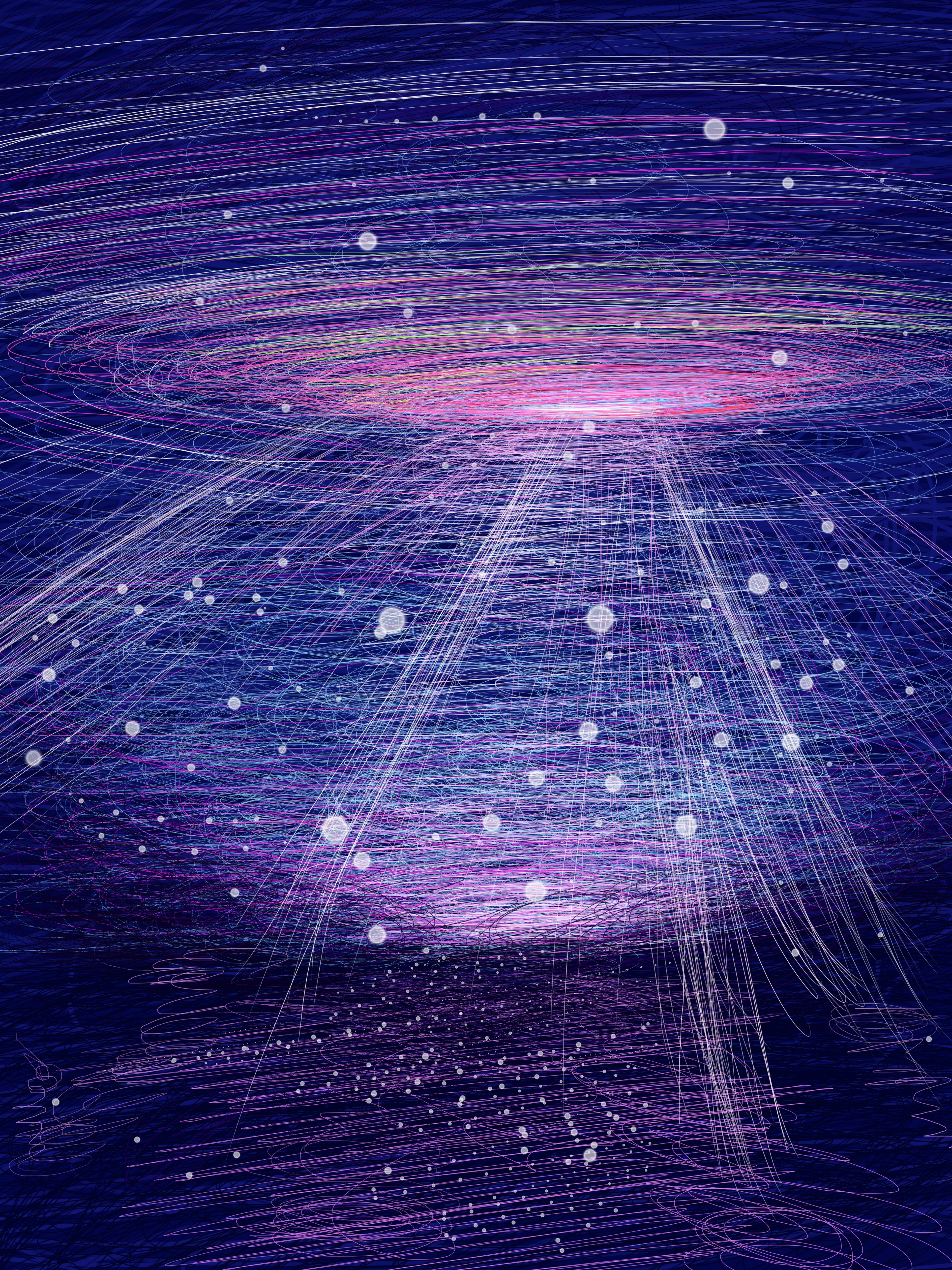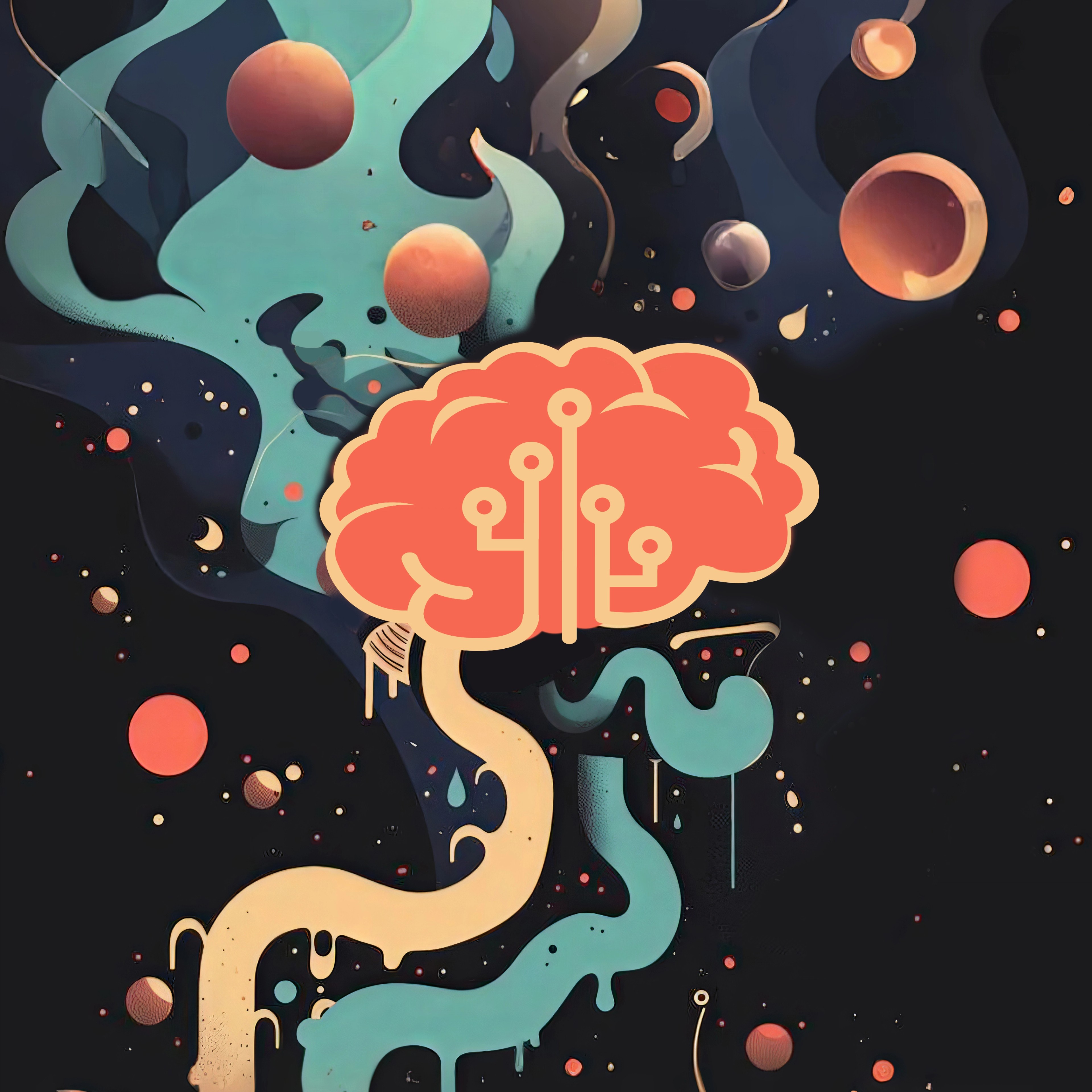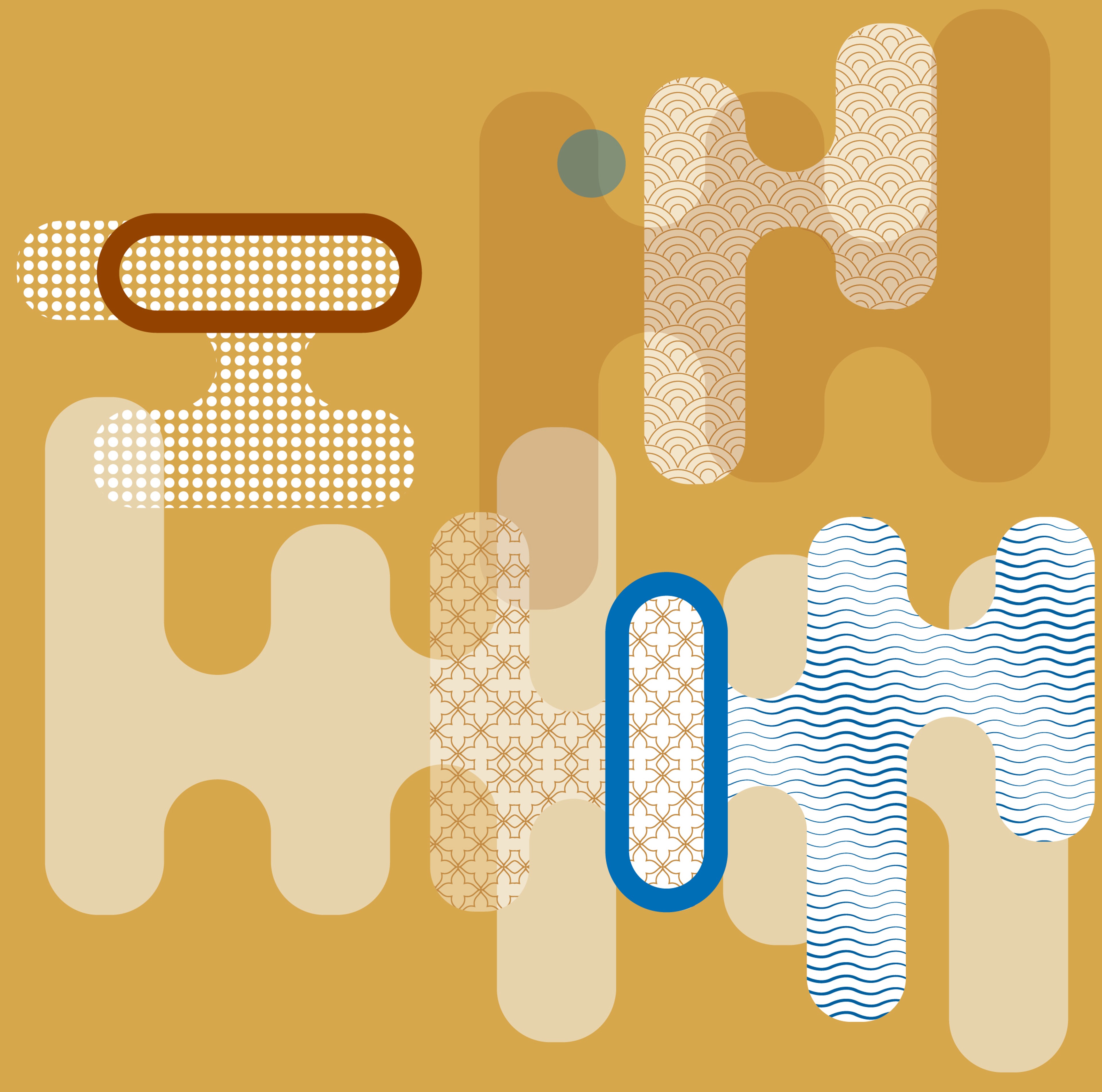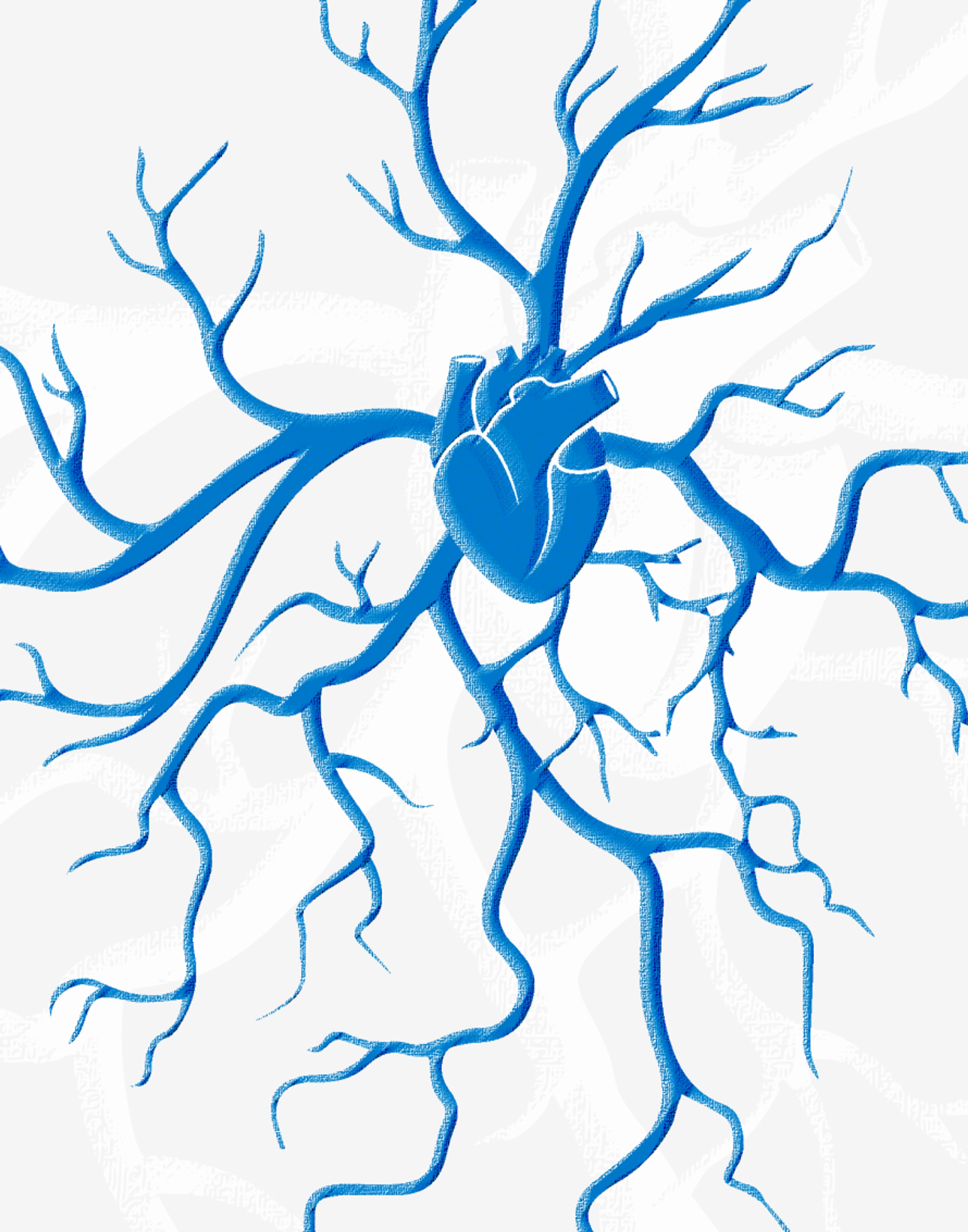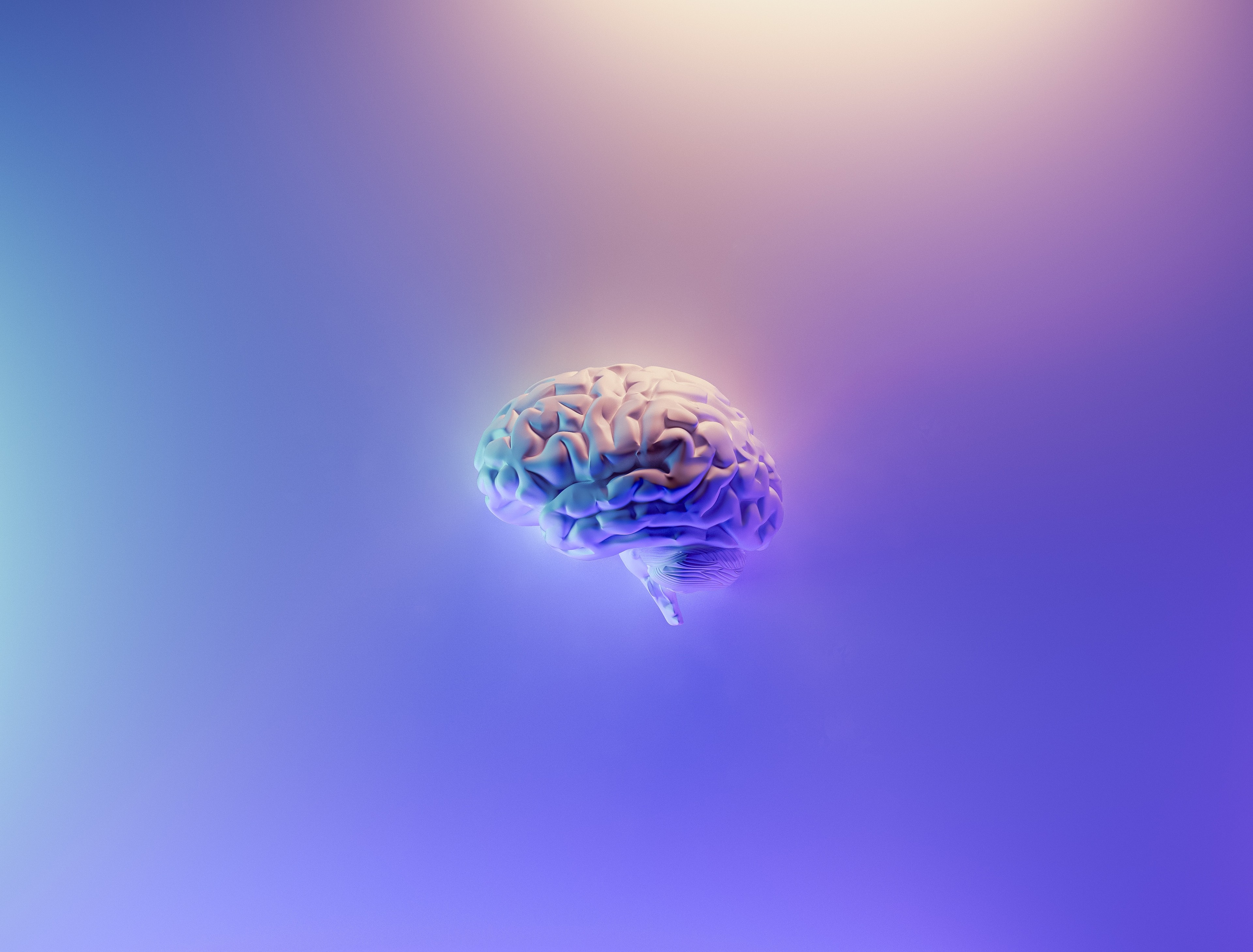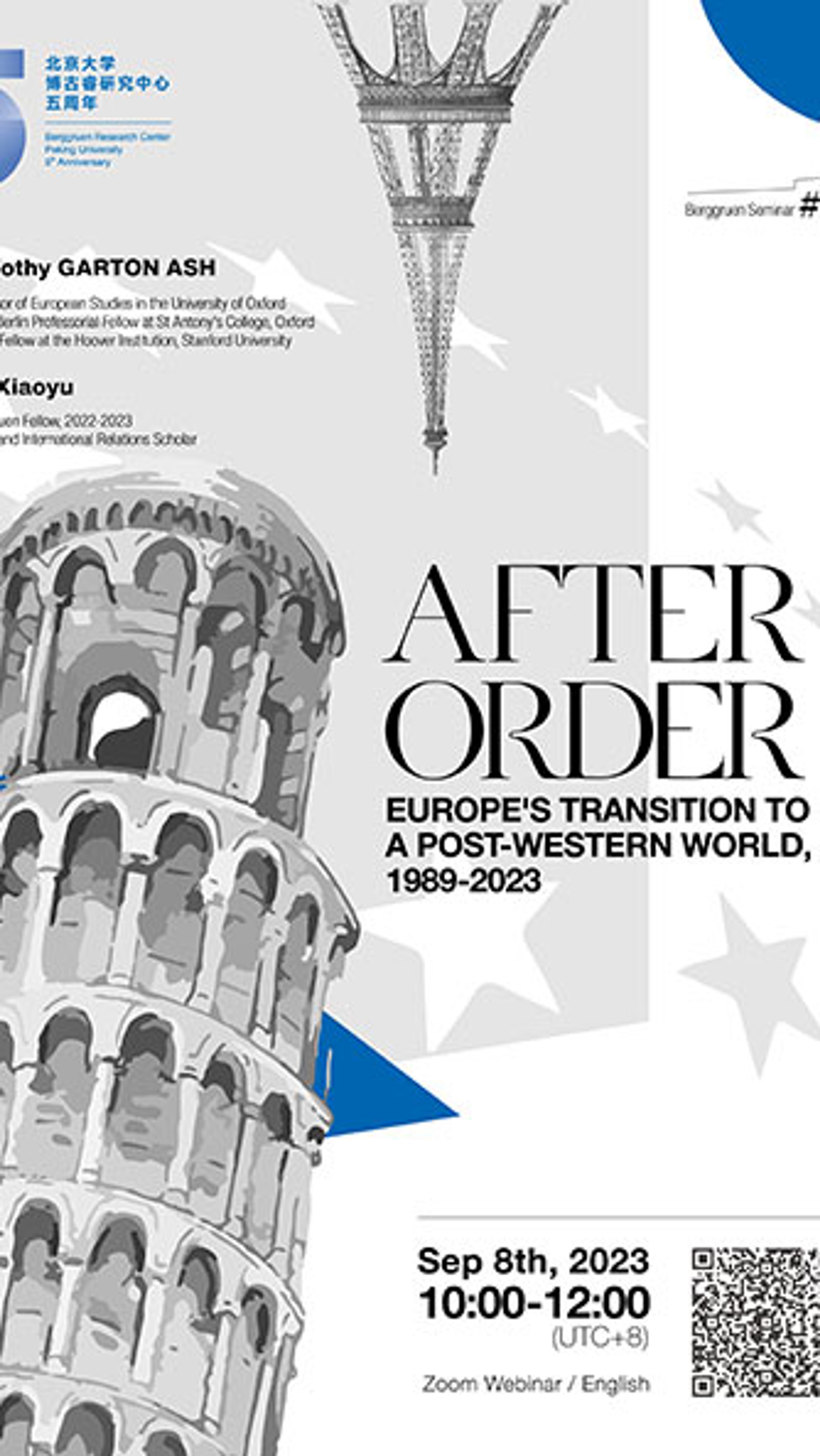The Illusion of the Causality of Life

Modern life sciences, based on reductionism, hold that all life activities follow strict physical and chemical laws and adhere to definite cause-and-effect relationships. However, as scientific research has advanced, particularly with the implementation of the "Human Genome Project" at the turn of the century, researchers have observed that life exhibits complex behaviors that deviate from simple causality.
Firstly, life can be seen as an "internet" where not only do various genes, proteins, and metabolic molecules interact to form networks, but complex interaction networks also emerge at different levels, such as between molecules, cells, and tissues. The existence of this "internet" means that life activities involve numerous factors that are highly interrelated.
Secondly, biological macromolecules exhibit various types of variations, which arise not only from environmental influences but also from random noise. These variations and noise lead to a marked randomness in cellular physiological activities.
More importantly, life, as a multi-level complex system ranging from molecules to cells to tissues and organs, exhibits properties at different levels that often arise from "emergence." This refers to the new properties that emerge from interactions among various parts, properties that cannot be simply defined by "cause-and-effect" relationships—where the whole is greater than the sum of its parts.
Speaker
WU Jiarui
Researcher, CAS Center for Excellence in Molecular Cell Science
2023—2024 Berggruen Fellow
Ph.D. from ETH Zurich, Switzerland. He is currently a researcher at the CAS Center for Excellence in Molecular Cell Science (Institute of Biochemistry and Cell Biology) and Director of the National Protein Science Research Facility (Shanghai) at the Shanghai Advanced Research Institute, Chinese Academy of Sciences. Wu’s main research areas include protein regulatory networks in cellular activities and systems biology research on complex diseases. He has published over 100 research papers in international academic journals.
Summary
1. Causality in Life
In 1944, physicist Erwin Schrödinger explored how the laws of physics and chemistry explain life phenomena, particularly the transmission of genetic information, in his book What is Life? The Physical Aspect of the Living Cell. He defined life from a reductionist perspective, which directly inspired the discovery of the double-helix structure of DNA in the 1950s, marking the birth of molecular biology.
The primary components of biological activities are proteins. For example, the coronavirus has protruding proteins called “S protein” or “spike protein” on its surface. These proteins determine how the virus recognizes and binds to human cells. Specifically, the S protein seeks out a signal molecule on the surface of human cells, known as the ACE2 receptor. Once the S protein binds to the ACE2 receptor, the virus could invade the cell. Without this protein, the virus would not be able to find a way of infecting the human body. This structural understanding helps reveal the mechanism of viral infection: specific proteins enable viruses to invade cells through interactions.
Initially, our understanding of life was relatively simple: we believed that life consisted of biological macromolecules, proteins, and genes with specific structures and that determined their functions. It was akin to assembling a bicycle—by understanding the wheels, chains, and brakes, we could understand how the bicycle works. Similarly, we thought that by deciphering these components of life, we could comprehend life itself. However, after over 40 years of research, we gradually realized that the complexity of life far exceeds our initial imagination.
2. The Network Perspective: The Complexity of Life
The speaker first examined the complexity of life through a network perspective, utilizing yeast as a case study. Yeast is a diminutive unicellular organism visible only under a microscope. Each yeast cell contains over 6,000 genes, and recent research has demonstrated that these genes are highly interconnected, forming a sophisticated genetic network. In comparison, humans possess over 20,000 genes that similarly interact within a complex network. For example, indicators such as blood pressure and blood sugar are not governed by a single gene but arise from the combined effects of multiple genetic influences.
Research reveals that the connections among genes resemble social networks, featuring both close- and long-distance interactions. Some genes directly influence specific traits, while others exert their effects through indirect pathways. The speaker employed referredto the “long-tail theory” from in economics to illustrate this kind of complexity—, noting that analogous “long-tail effects” are present in genetic networks. Although certain key genes play significant roles in controlling specific traits, distant and seemingly inconsequential genes can nonetheless have a substantial impact on the functioning of living organisms over time.
To further elucidate the complexity of the network, the speaker cited the example of the P53 gene, known for its role in tumor suppression. The P53 gene exhibits different functions depending on its environment, at times even promoting tumor development. This phenomenon could be understood through a network perspective: when P53 interacts with tumor-suppressing molecules, it exerts an inhibitory effect; conversely, when it associates with other types of molecules, it may promote tumor growth. This intricate interplay within genetic networks underscores the diversity and unpredictability of biological phenomena.
The complexity of life extends beyond the molecular level, encompassing cells, tissues, organs, and higher-order systems. Employing the “barrel theory” as a metaphor, the speaker illustrated that a barrel’s capacity to hold water depends on the integrity of all its staves, not merely the condition of a single stave. Each stave (i.e., gene) represents a necessary condition, but it is the coordinated functioning of all the staves that constitutes a sufficient condition for the barrel’s function. Therefore, investigating the causal relationships inherent in life’s complexity necessitates a holistic approach that considers the entire network rather than isolating individual elements. In a nutshell, causality in life science does not conform to a simplistic linear model; rather, it emerges from complex networks and the interactions of multiple variables.
3. Carbon-Based Life and Randomness
The origin of life is intrinsically linked to the formation of genes and proteins, but how are these essential biomolecules constituted? They are composed of chemical molecules, with carbon emerging as the most critical element among them. This foundational role is why we often refer to life as “carbon-based life.” But why did life choose carbon as its principal element?
One of carbon’s definitive features is its ability to bond with four different atoms, including hydrogen, oxygen, and other carbon atoms. When carbon atoms combine with these elements, they form unique spatial structures that exhibit remarkable stability due to their chemical properties. This phenomenon can be likened to “mirror symmetry”—for instance, our left and right hands appear similar but cannot perfectly overlap, much like a reflection in a mirror. In chemistry, this structure is described as “chiral molecules.” Similar toLike the mirror symmetry of hands, chiral molecules exist in two forms that cannot be superimposed. This chirality is vital in the fundamental structures of life. The basic building blocks of life are composed of carbon atoms, which typically form asymmetric molecules. For example, in protein synthesis, amino acids serve as the fundamental components, but life utilizes only one specific type of amino acid, rather than employing both symmetric forms.
The human body consists of approximately 30 trillion cells—far exceeding the number of galaxies in the Milky Way. Life develops with a zygote that constantly replicates and gradually develops into 30 trillion cells. Technological advances now allow us to study each cell through gene sequencing, revealing significant differences among the cells in the human body. Each cell’s DNA undergoes random mutations during replication, resulting in a genome that resembles a “mosaic,” composed of diverse and distinct segments.
Moreover, consider the small intestine, where cells are renewed daily through the shedding of old cells and the generation of new cells from stem cells. These stem cells possess the unique ability to divide and continuously replace the cells that have been lost. Blood cells offer another example; the quantity of cells in the blood is vast, with numerous cells being produced and replaced moment by moment. In leukemia treatment, bone marrow transplants are often discussed because the bone marrow of patients may fail to produce healthy blood cells. Transplanting healthy bone marrow could restore blood cell production.
The fundamental distinction between life and non-life lies in the capacity of living organisms to carry and utilize information. DNA acts as the information carrier, while proteins execute the instructions encoded within. We could conceptualize life as both an information carrier and an information user. However, previous research has tended to be more qualitative than quantitative. With advancements in technology, we can now accurately measure these molecules, uncovering many unexpected phenomena characterized by randomness. For instance, during gene expression, RNA does not progress linearly from a starting point to an endpoint; rather, it varies in length and exhibits irregularities. This indicates that gene expression is not as deterministic as previously believed, but rather imbued with uncertainty.
Cancer results from errors in DNA replication during cell division. Variants of COVID-19, such as Delta and Omicron, continue to emerge, highlighting the impact of viral mutations. Even individuals previously infected can be reinfected by mutated strains, necessitating the immune system’s re-recognition of these variants. The mutation patterns of viruses remain incompletely understood. To address viral mutations, it is essential to study the characteristics of new variants as they arise and develop corresponding vaccines. Similarly, flu vaccines are often multivalent, such as 5-valent, 6-valent, or 9-valent, each targeting a corresponding number of flu strains. New strains may necessitate the development of additional multivalent vaccines to ensure ongoing protection.
In conclusion, DNA and RNA serve as carriers of information, while proteins execute the encoded instructions. Research revealed that gene expression can yield varying RNA fragments, and the quantity of proteins produced by the same gene may not exhibit a linear pattern with the amount of RNA. Randomness permeates not only the origins and evolution of life but also extends into various processes, including gene expression, cell division, and viral mutations. From the very inception of life, we have been inextricably linked to randomness; it shapes our biological forms and opens infinite possibilities for future scientific exploration.
This summary was drafted by Linhe Li, an intern at the Berggruen Institute China Center.
